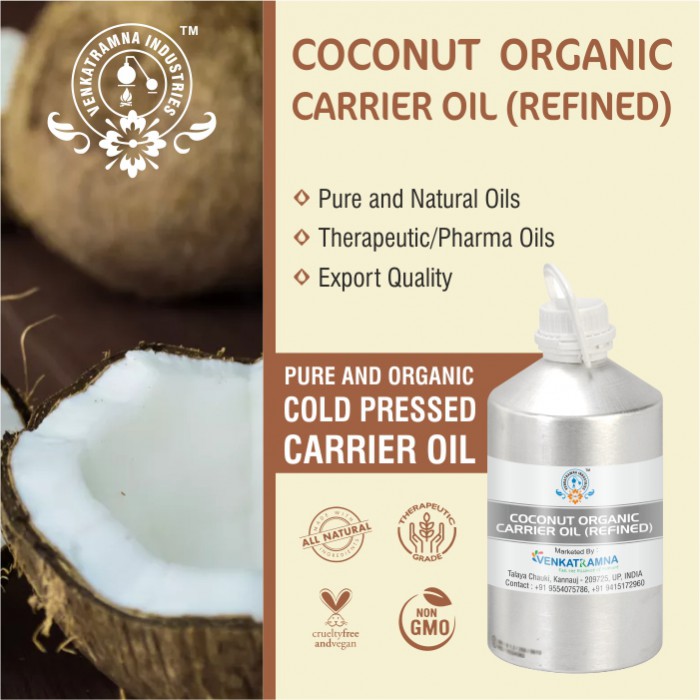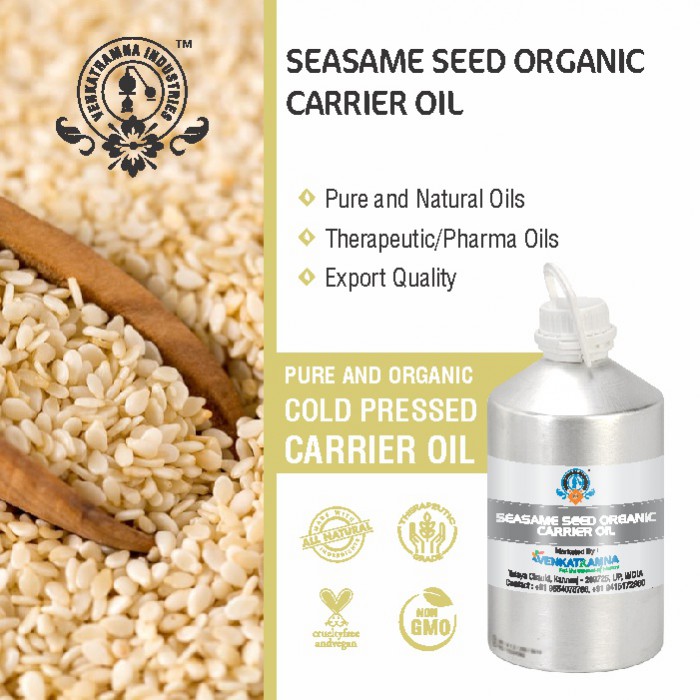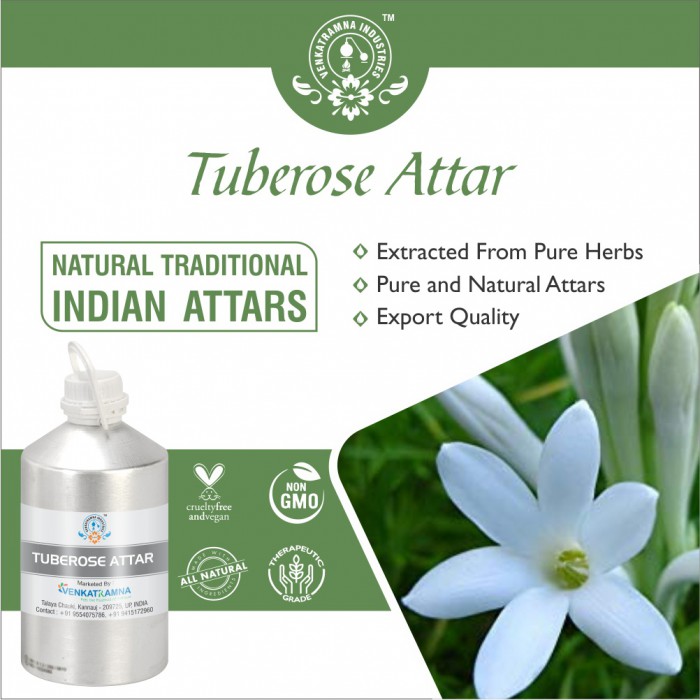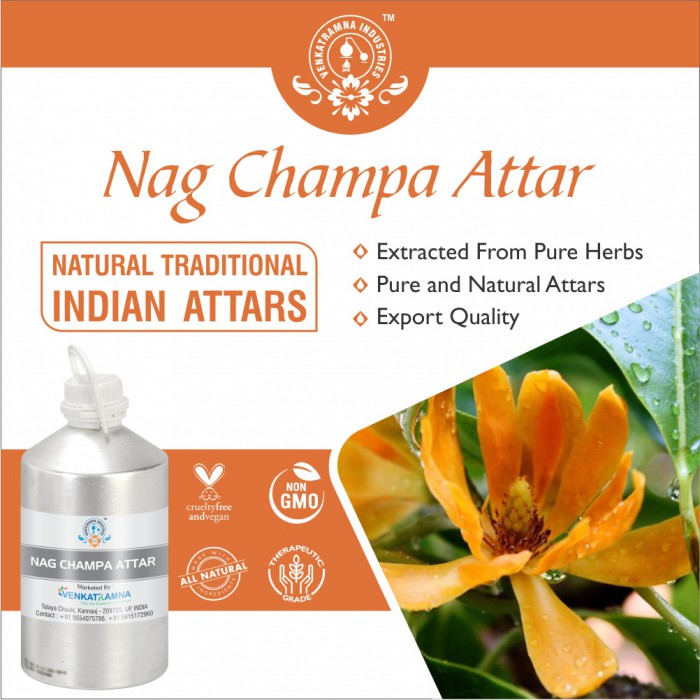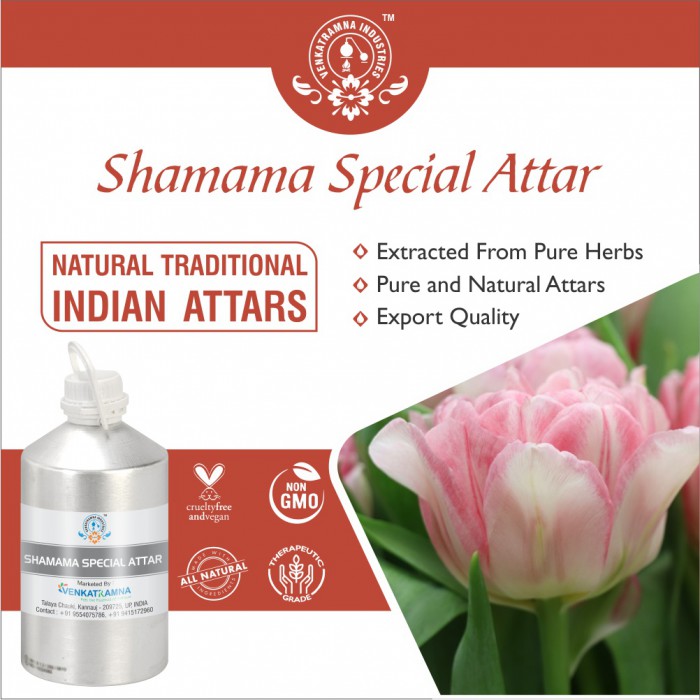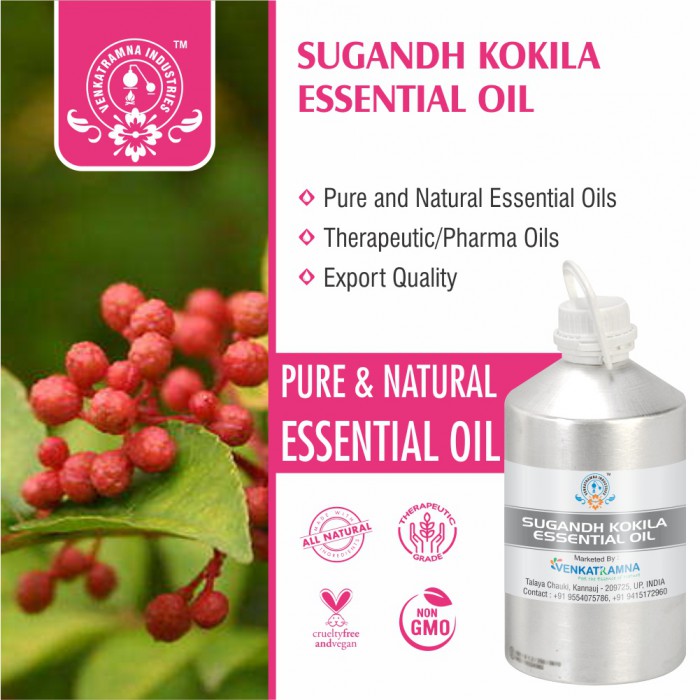Botanical Name: Allium Cepa L. Common name: onion Plant family: Read More
|
Botanical Name: |
Allium
Cepa L. |
|
Common name: |
onion |
|
Plant
family: |
Liliaceae |
|
Genus: |
Allium |
|
Appearance/Color: |
Light yellow to brownish yellow |
|
Odor: |
Strong
and sulphuraceous odor with strong aroma at a middle note. |
|
Blends With: |
Asafoetida, Garlic, Rosemary, Oregano, Sage, and Thyme. |
|
Origin: |
Egypt |
|
Source: |
Bulb |
|
Method
of Extraction: |
Hydro-distillation |
Onion
is also known as bulb onion is the highly cultivated species of the genus
Allium. It is cultivated on a worldwide basis. In botanical terms, it is also
called as Allium Cepa.
Onions
grew in Chinese gardens as early as 5000 years ago and they are referenced in
some of the oldest Vedic writings from India. In Egypt, onions can be traced
back to 3500 B.C. There is evidence that the Sumerians were growing onions as
early as 2500 B.C. One Sumerian text dated to about 2500 B.C. tells of someone
plowing over the city governor's onion patch.
Onion essential oil is an expectorant, that can clear congestion and mucus build-up, especially along the respiratory tracts to promote unobstructed airflow. This helps alleviate coughs, sinuses and phlegm’s. They open up blocked passages and induces phlegm and mucus to come out of the body. Thus, onion essential oil provides relief from these common respiratory ailments. It is a useful antiseptic agent to clean any wounds, cuts or scrapes obtained without causing infections. It kills off any bacteria from festering on the wound or cut and thus, promotes the fast healing of wounds and scrapes.
DISCLAIMER
The complete range of conditions
or methods of use are beyond our control therefore we do not assume any
responsibility and expressly disclaim any liability for any use of this
product. Information contained herein is believed to be true and accurate however,
all statements or suggestions are made without warranty, expressed or implied,
regarding accuracy of the information, the hazards connected with the use of
the material or the results to be obtained from the use thereof. Compliance
with all applicable federal, state, and local laws and local regulations
remains the responsibility of the user.
The FDA has not evaluated the
statements on this website. No claims are made by Venkatramna Industries as to
the medicinal value of any products from vriaroma.com or by us. The information
presented here is for educating our customers about the traditional uses of
essential oils and is not intended to diagnose, treat, cure, or prevent any
disease. You are responsible for understanding the safe application of these products.
If you have any questions, please call or email us for further information.
As per NAHA guidelines, New Directions Aromatics
(NDA) does not recommend the ingestion of essential oils. It is imperative to
consult a medical practitioner before using Essential Oils for therapeutic
purposes. Pregnant and nursing women and those taking prescription drugs are
especially advised not to use this product without the medical advice of a
physician. The oil should always be stored in an area that is inaccessible to
children, especially those under the age of 7.
Onion
essential oil is very well known for its tasty contribution to the culinary
world, but its aiding properties have been left out of the lime light.
Onion
essential oil is used primarily in energetic work. Traditionally it is well
known to prevent cold and other infections.
It is known for its antiseptic,
antibacterial, aphrodisiac, and hypnotic attributes. It also has
anthelmintic, antimicrobial, anti-sclerotic, antiviral, antispasmodic,
bactericidal, carminative, depurative, diuretic, digestive, expectorant, fungicidal,
hypotensive, hypoglycaemic stomachic, and vermiculite attributes. Onion has a
reputation for correcting weight problems and glandular imbalance.
Onion
essential oil can also help to promote hair growth naturally. It can also
be used cosmetically to stimulate hair growth. Additionally, it prevents hair loss. It gained
popularity to promote hair growth during recent times.
Onion
essential oil has numerous antibacterial and antifungal properties. It clears
scalp and makes it dandruff-free, thus facilitating a much healthier scalp.
The most common usage of Onion as
we all know is in culinary aspects. Onion pure essential oil has a distinct
onion aroma. In India, it is used on a very diverse aspect. Onion also promotes
strong bones. It acts as a very effective blood cleanser which, assists in
keeping the skin in excellent and clear condition.
Onion
essential oil increases urination levels. Thus, it is able to remove toxic and
harmful substances from the body, such as urea, uric acid, excess fats, salts
and water. This hence detoxifies the body and cleanses it, keeping it free from
various infections and diseases due to the build-up of such harmful compounds.
Onion
essential oil can help provide some pain relief to these areas of toothaches or
even earaches because its bactericidal properties help to destroy bacteria and
germs from causing these infections.
COMMON
USAGE
·
Remedy
for Respiratory Ailments
·
Hair
Growth
·
Heals
Wounds
·
Pain
Killer
·
Clears
the Skin
·
Improve
digestion
·
Protect
against allergies
·
Remedy
for cold and respiratory disorder
·
Maintains
bone health
Ingredients:
|
S.No |
Key Constituents |
Strength (%) |
|
1 |
Dipropyl disulfide |
26.0 |
|
2 |
Methyl propyl trisulfide |
16.0 |
|
3 |
Methyl propyl disulfide |
12.5 |
|
4 |
Propyl (E)-1-propenyl disulfide |
9.5 |
|
5 |
Dipropyl trisulfide |
8.0 |
|
6 |
Propyl (Z)-1-propenyl disulfide |
6.0 |
|
7 |
Methyl (E)-1-propenyl disulfide |
4.0 |
|
8 |
Dimethyl trisulfide |
3.6 |
|
9 |
Methyl (Z)-1-propenyl disulfide |
2.1 |
|
10 |
(E)-1-Propenyl propyl trisulfide |
1.3 |
|
11 |
Dimethyl sulfide |
1.1 |
|
12 |
2-Methylpent-2-enal |
1.0 |
|
13 |
(Z)-1-Propenyl propyl trisulfide |
1.0 |
|
14 |
Di(1-propenyl) trisulfide |
1.0 |
Safety Summary
·
Hazards: Drug
interaction which inhibits blood clotting and may be skin sensitizing
·
Cautions:
Oral -
Anticoagulant medication, major surgery, peptic ulcer, hemophilia, other
bleeding disorders.
Dermal -
Use with caution on skin or mucous membranes, especially if hypersensitive,
diseased or damaged.
Organ Specific Effects
·
Adverse skin reaction: Onion and garlic oils have similar nature so
there is suspicion that onion oil might create some risk of sensitization.
·
Cardiovascular effects: Onion oil demonstrates antiplatelet
activity. Platelet activity is essential for blood clotting.
Systemic Effects
·
Acute
Toxicity: No data found.
·
Antioxidant/pro-oxidant activity: In rats, onion oil protected against
nicotine-induced lipid peroxidation, increasing activities of antioxidant
enzymes and concentrations of glutathione.
·
Carcinogenic/anti carcinogenic potential: Onion oil was not mutagenic in the Ames test,
but was marginally mutagenic in a chromosomal aberration test. In mouse
micronucleus tests, onion oil showed no genotoxicity. The proliferation of
human leukemia HL-60 cells was inhibited by onion oil. It also demonstrated an
inhibitory effect on PMA-mediated mouse skin tumor promotion both in vitro and
in vivo. In mouse epidermal cells, onion oil increased glutathione peroxidase
activity, and abolished the inhibitory effect of a tumor promoter on the
enzyme. Onion oil contains no known carcinogens.
·
Drug interactions: Anticoagulant medication, because of
cardiovascular effects.
·
Ecotoxicity: No
data available
·
Bioaccumulation:
No data available
·
Mobility in soil:
No data available
·
Persistence and
degradability: No data available
·
PBT and vPvB
assessment: No data available


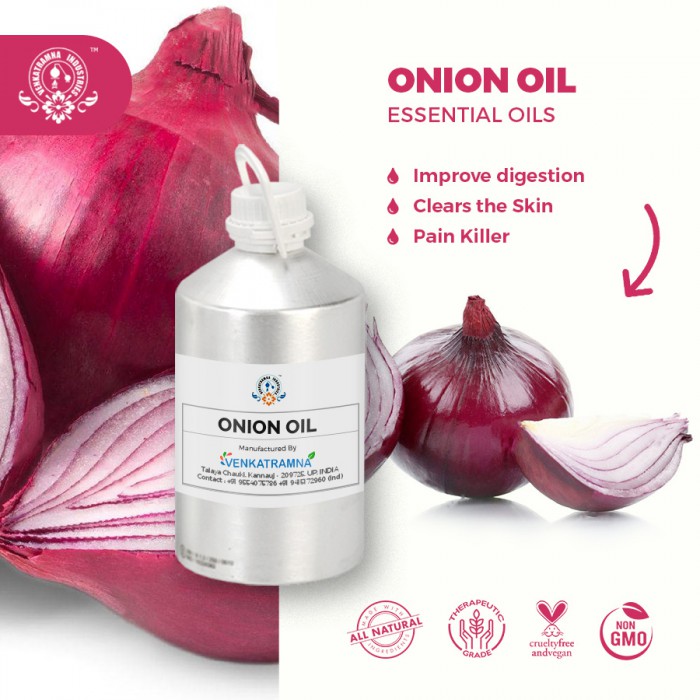
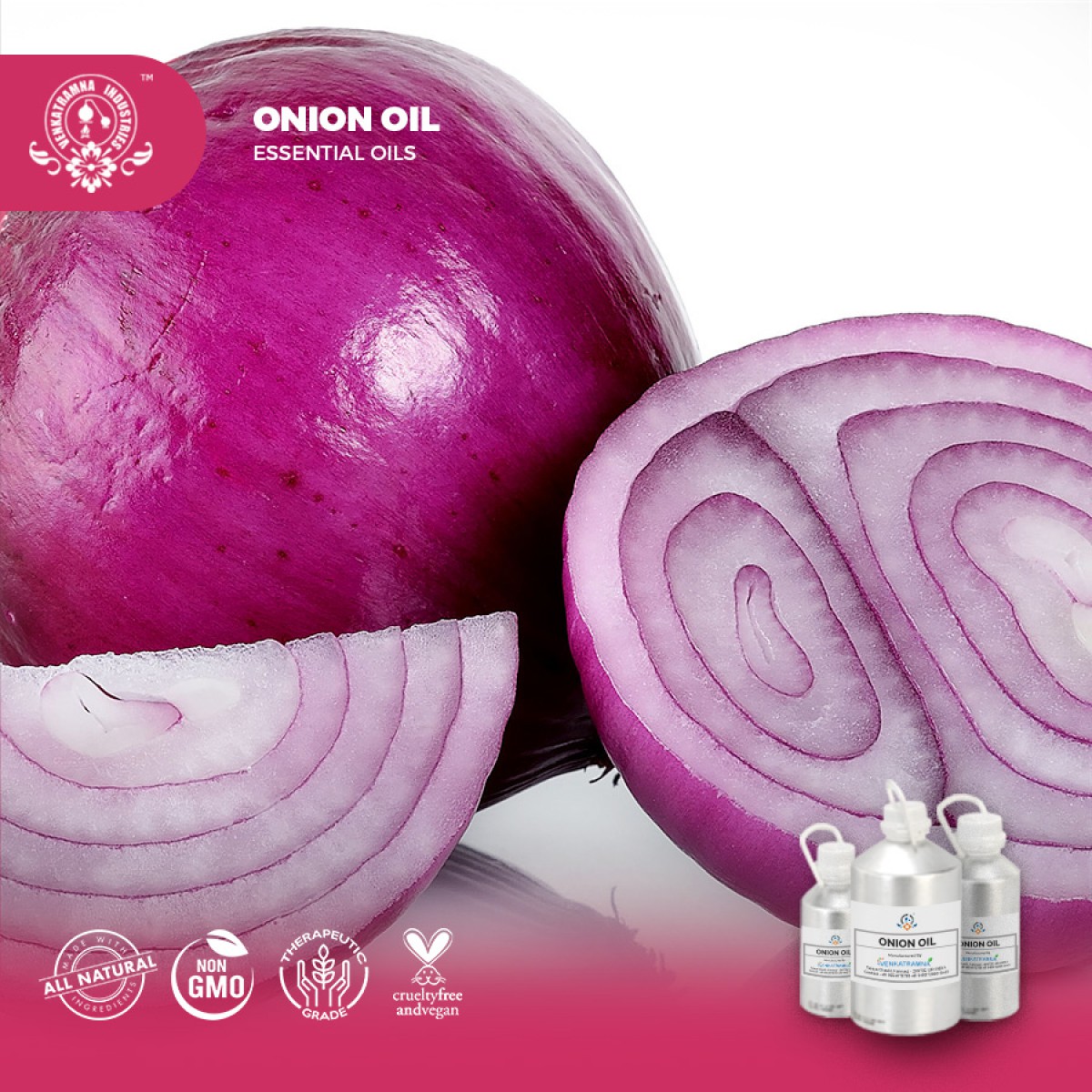
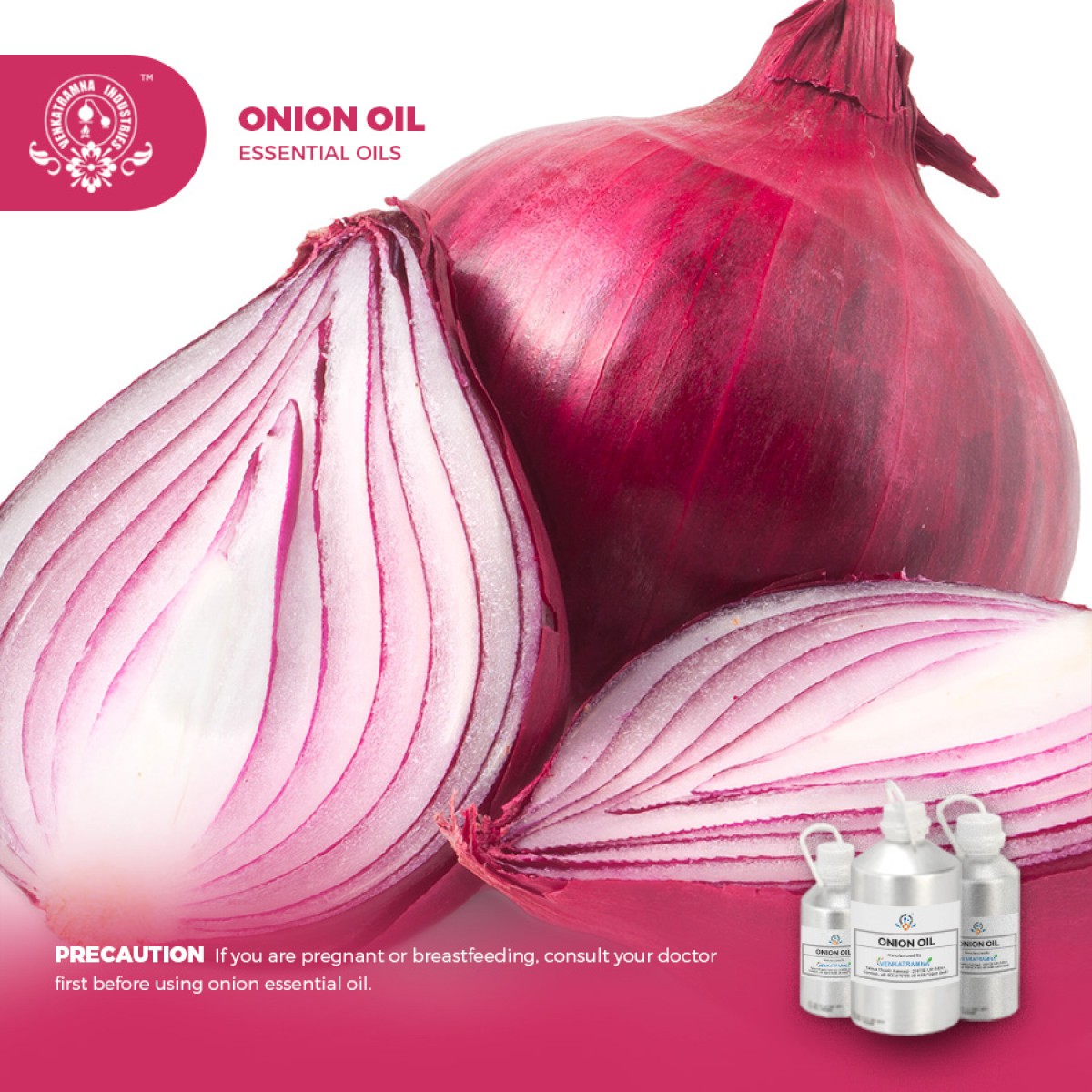
 MSDS-Onion.pdf
MSDS-Onion.pdf